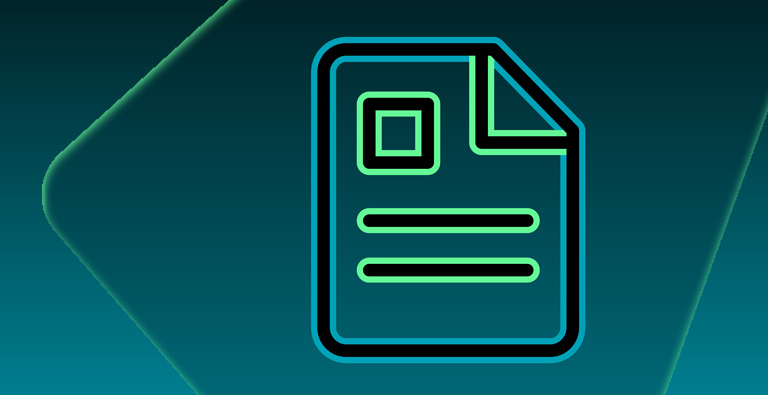
Insights
Future-looking.
Forward thinking.
We’ve got you covered with trends and industry-leading perspectives.
We think forward
Explore industry insights and perspectives.
Article/Blog
Conquer the 4 concerns likely delaying your digital banking transformation
In today’s banking landscape, where more than 70% of people prefer to bank digitally, the ease of that experience determines consumer loyalty. Financial institutions (FIs) are well aware that customers expect a banking experience as fast and intuitive as shopping online or reserving a car service. Yet many FIs whose technology can’t deliver that experience…
Whitepaper
The digital banking channel: Making it a profit center
Written by Ron Shevlin, Chief Research Officer, Cornerstone Advisors — Commissioned by Lumin Digital For community banks and credit unions, the digital channel has become a cost of doing business. But what if it could become a profit center instead of a cost center? Shifts in consumer behavior, competitive pressures from fintechs, and, most importantly,…
On-Demand Webinar
Outperform the competition: Future-ready digital banking technology
Innovation can’t wait—discover how leading credit unions are moving faster and growing smarter. Watch this on-demand webinar to hear from credit union leaders who are transforming their digital banking strategy with Lumin Digital. Learn how they’re meeting rising member expectations, accelerating innovation, and positioning their institutions for long-term success. You’ll gain insights into how a…
Article/Blog
Human-inspired digital banking design engages users and builds long-term digital relationships
Users are looking for and expecting intuitive, human-centered, and deeply personalized experiences that evolve as their expectations and financial needs shift. At Lumin Digital, we believe the key to delivering on that expectation is continuous activation. What is continuous activation? At its core, continuous activation is about creating ongoing value that evolves as the user’s…
Article/Blog
Combatting fraud with future-ready technology: A strategic imperative
By: Sean McElroy, Chief Risk Officer, Lumin Digital First published on CUInsights, May 20, 2025 From account takeovers and wire fraud to phishing campaigns and social engineering, the threat landscape for financial institutions evolves constantly. So, it stands to reason that security and fraud detection measures must also grow and change quickly in response. Institutions…
Article/Blog
Designing a better user experience that drives double-digit engagement and adoption rates
Evaluating how users manage their accounts Lumin Digital’s User Experience (UX) team monitors and evaluates user data from over 5M users to uncover opportunities to improve the digital banking experience and provide additional value to end-users. Lumin’s UX team discovered an opportunity to rethink how digital banking users interact with their accounts and set their…
Article/Blog
The top 7 costs of standing still with banking technology
Digital channels have become the backbone of today’s banking journey. Consumers expect a seamless, hyper-personalized experience across all platforms, and FIs must adapt to meet these ever-changing demands. If you are still using legacy technology or an early modern platform–originally built on-premises but migrated to the cloud–you’ve likely experienced unplanned downtime, an influx of support…

Whitepaper
The High Cost of Standing Still
Does your digital banking experience and platform meet customer expectations? Your expectations? Despite their potential to regain market share, CFIs struggle to keep up with the rapid pace of digital innovation. Many are limited by decades-old tech. Without making a tech switch, community FIs introduce real risk to their organizations, including adding to their tech…

With a platform that is always on, we’re ready for the future
Our collective commitment to success means financial institutions grow, employees thrive, and users can better manage their financial health.
Top financial institutions choose the Lumin Platform to accelerate growth and improve financial health.
